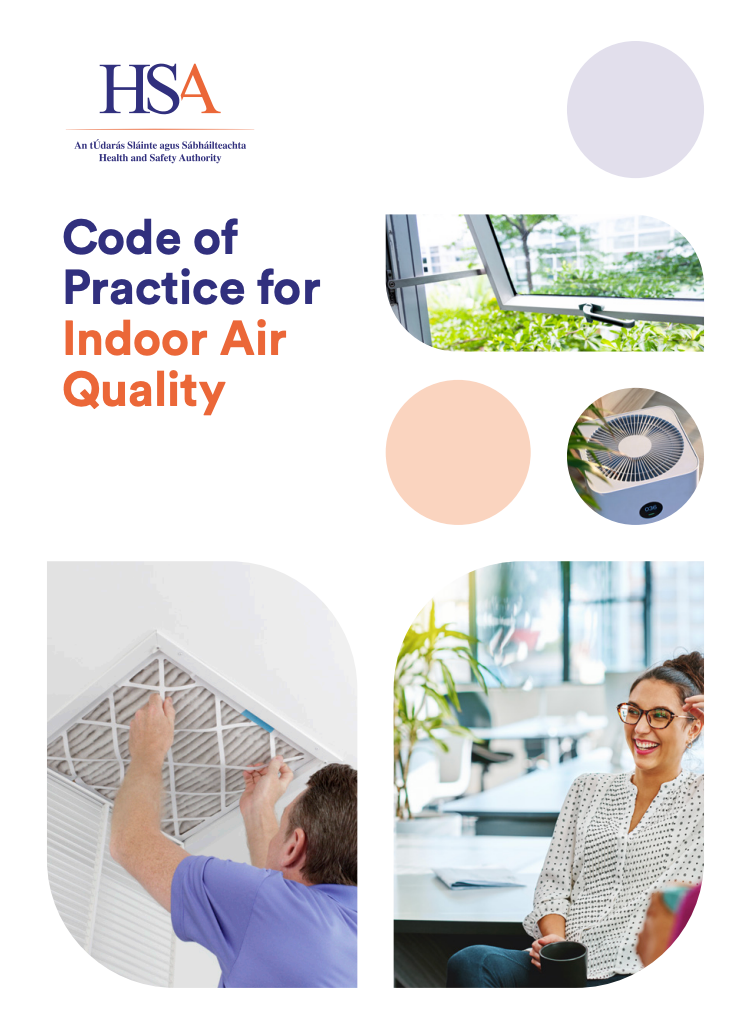Indoor air quality is a critical issue. And it affects everywhere, from homes to offices and schools. Poor air quality exposes people to pollutants and allergens. The effects range from mild irritation of the eyes to chronic cardiovascular and respiratory issues. Public Health England estimates air pollution is responsible for 28,000 to 40,000 deaths yearly. Thankfully, there are ways to improve air quality in our homes and workspaces. But how do we know which solution is best?
What Are Your Options For Clean Air?
When looking at your options for improving air quality, you will likely come across two important terms; air filters and air purifiers. However, at a cursory glance, it is sometimes unclear what each does or how they differ. So what are they? How are they different? And which is better?
What's The Difference Between Air Filters And Air Purifiers?
On the surface, air purifiers and air filters sound very similar. They both improve air quality by capturing contaminants. Therefore it is unsurprising to see these terms often used interchangeably. You may also see "air purifier" used as an umbrella term for devices that remove contaminants from the air.
However, air purifiers and air filters are different. In this guide, we will dispel the confusion and give you a clear idea of how air filters and air purifiers differ.
Air filters
Air filters are devices which are built into your HVAC system.
This achieves two things;
- It prevents debris build-up in your HVAC system, keeping it running efficiently.
- It captures particles such as pollen, dust, and mould spores to improve air quality.
Your HVAC produces a constant stream of air which pulls in various pollutants. Without a filter, these pollutants are pushed through the system and circulated throughout your building. However, an air filter will capture many pollutants while allowing air to pass through. Polluted air goes in; clean air is expelled.
Air purifiers
Unlike air filters, air purifiers are not attached to an HVAC system. They are self-contained units which draw in, filter, and expel air. Air purifiers include devices which utilise a filter system much like an air filter. Air purifiers take in pollutants and trap them using a system of filters and fans. However, there are other systems air purifiers use. Air purifiers are a broader category. They include various systems for improving air quality. Air purifiers include; ionic air purifiers, adsorbent purifiers, and UV light purifiers. Some purifiers combine several of these systems such as hybrid UV / ionising air purifiers.
UV Light Purifiers
Some air purifiers use ultraviolet (UV) light which sterilises some microorganisms.
Ionic Air Purifiers
Ionic air purifiers produce an electrical field charging ions (little particles in the air), causing them to attach to bacteria. The ions are then attracted to the opposite charge within the purifier, pulling them (and the bacteria attached to them) out of the air.
Adsorbent Purifiers
Absorbent purifiers have a carbon filter which absorbs airborne particles.
HEPA Filters
The seriousness of air quality cannot be understated, which makes it vital that you use the right air filters. Not all air filters are equally effective. Many aspects of air purifiers and filters will impact their effectiveness. However, the standout feature for both is using a HEPA filter.
High-Efficiency Particulate Air (HEPA) filters are widely regarded as the highest-quality filters available. They trap 9.97% of particles to a size of 0.3 microns. Whether you are choosing a domestic or commercial air purifier or air filter, opt for a HEPA filter solution. Air purifiers and air filters with HEPA filters will help you optimally improve your air quality.
Choosing An Air Filter Or Air Purifier
Though it may be an unsatisfying answer, there is no definitive answer on whether air purifiers or air filters are better. Both are important. And as long as you choose high-quality options, both will improve your air quality. The key takeaway isn't to choose one over the other but to pick one (or both) and make a conscious effort to improve air quality in your home and workplace.







